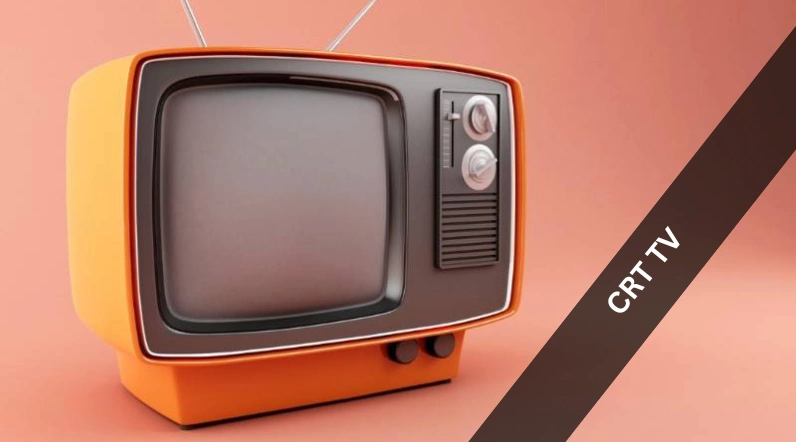We at Homespoiler received several emails from our readers asking if they can leave their TV on all the time, if turning off the TV shortens its life, and how long a TV can be left off.
These are common concerns among 95% of smart TV users, but things are not like what they think!
Jasmine asked:
“My TV stays on pretty much all night but off most of the day because I don’t really use it during the day. My mother-in-law seems to think that leaving the TV on for a long time will somehow break it. But I’m not so sure about that. I mean it’s a device that’s supposed to be used, right? What do you think? Is this going to damage it?” Jasmine, Houston, Texas
In this article, I will walk you through all these questions in detail so you don’t need to worry anymore.
Let’s move on…
Does Actually Leaving the TV on Damage it?
- Leaving a still image on the screen for more than 2 hours can cause image burn-in.
- Leaving the TV on for extended periods of time can use up its lifespan quicker.
- Leaving the TV on all day can result in higher electricity costs.
- Turning off the TV does not necessarily damage it, and can actually help to prolong its lifespan.
- Turning off the TV at the mains continually can potentially harm the system on the latest models.
However, first, let me ask: which type of TV are you using?
Is it an LED, LCD, OLED, or an older CRT TV?
♦ I’m using old CRT TV

Older CRT (cathode ray tube) TVs, which are no longer widely used, are highly susceptible to damage from long-term continuous use.
This is because, unlike modern flat-screen TVs, they have a large, heavy glass picture tube that generates images by shooting a beam of electrons onto a phosphor-coated screen.
When left on for an extended period, these phosphors become overheated and can lead to a condition known as “burn-in” or “ghosting.”
♦ I’m using LED, LCD, or OLED TV

Compared to old CRT TV, modern LCD, LED, and OLED TVs are generally more resilient and their screens have a definite lifespan.
This is typically somewhere around 100,000 hours of use.
This doesn’t mean you should leave the TV on all the time! (Again, don’t ever do this.)
If you do, you’ll begin to end up with dead pixels and an overall dimming of the screen.
Does Turning Off a TV shorten its lifespan

No, turning off a TV does not necessarily shorten its life. In fact, it can actually help to prolong its lifespan.
But if you are planning to turn off the TV for an extended period, such as when going on a long tour, you need to keep in mind that some components, such as the startup capacitor, can fail when the TV is turned on after being off for a long time.
There is an easy way to test whether your TV will still work after being turned off for an extended period of time or not!
Here’s how:
- Turn off your TV completely and unplug it from the power source.
- Leave it unplugged for a few days.
- After the designated time has passed, plug the TV back in and turn it on.
If the TV turns on and works normally, it should be safe to turn it off again when you leave the house for an extended period.
In my opinion, if you are concerned about fire hazards, turn off the device completely while you’re away. However, for the sake of reliability, don’t power it off completely.
How Long a TV can Be Left off?
There is no definitive answer to this question because it depends on a variety of factors, such as
- The specific make and model of the TV.
- The age of the TV.
- And the environmental conditions in which it is stored.
However, in general, it is safe to leave a modern, well-designed TV off for an extended period of time without damaging it.
The startup capacitor, which is responsible for powering up the TV when it is switched on, may fail over time.
But this is typically only an issue if the TV has been left without power for a significant period of time.
F.A.Q.s
Q: What happens when a TV is in the standby state?
When a TV is in standby, it is still technically “on,” but it is conserving energy by not lighting the screen.
The “processor” remains active, which allows the TV to respond to remote control signals, and its timer continues to work.
Q: How long does a good TV typically last?
A good TV typically lasts around five years.
However, the lifespan of a TV can vary based on usage, model, and other factors.
A poor one (think “Black Friday” model) will last the guarantee period plus a day.

Abdul Kader, a handy guy and experienced founder of a TV repair shop in Gulshan, Dhaka, Bangladesh. He is mainly an expert in understanding and repairing different types of issues with Smart TVs and providing helpful insights on how to keep them in good working order. Read his Full Story.

